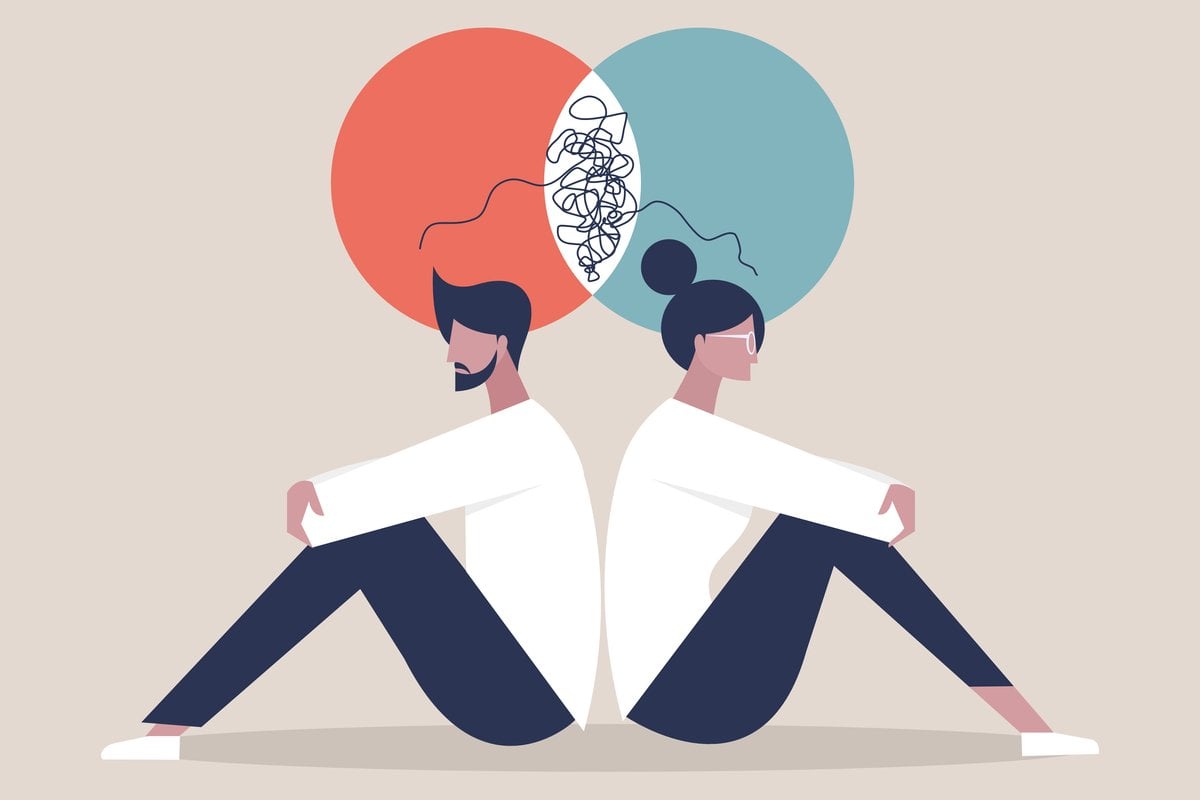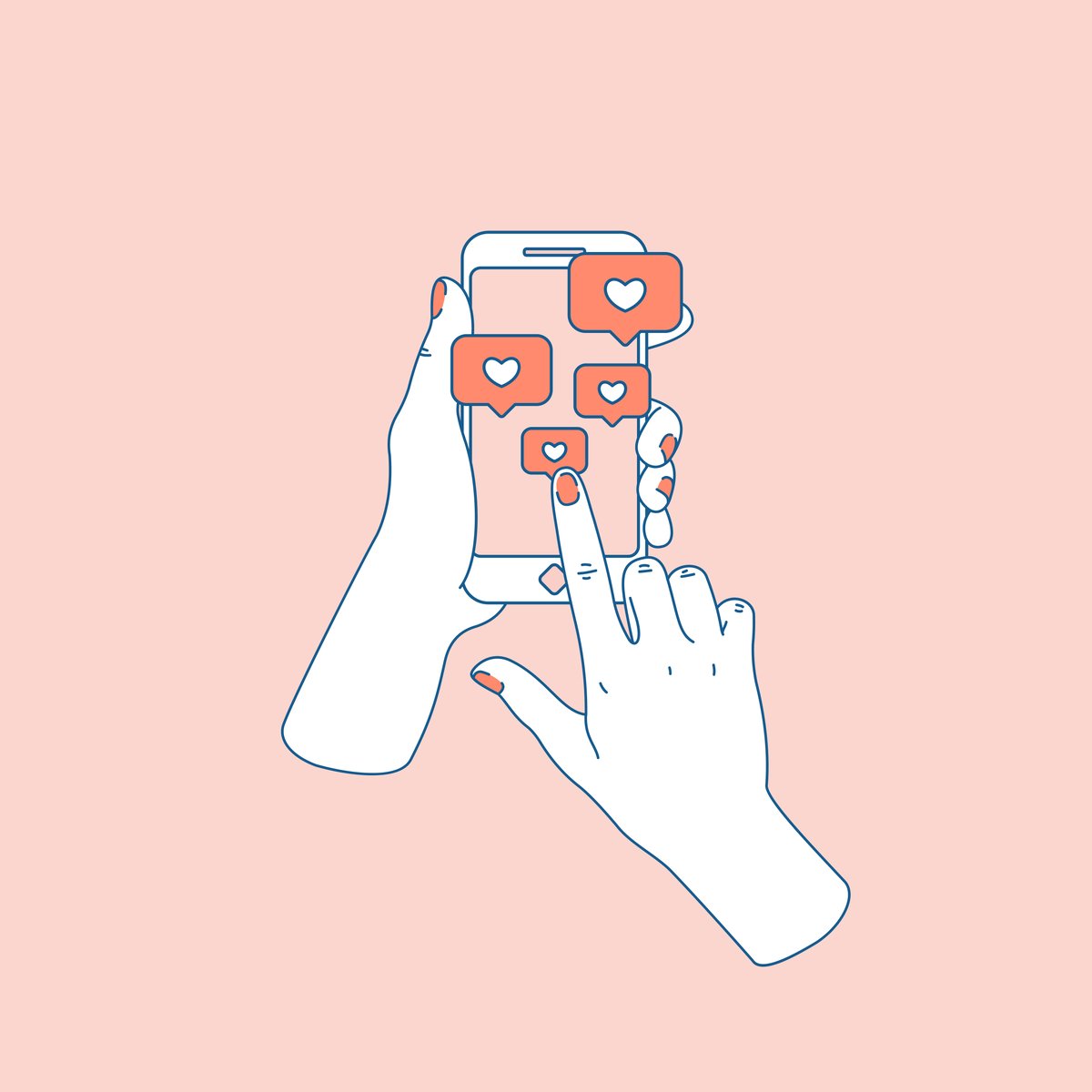
Your relationship. Are you... happy in it? Don't give us that look, we're only asking!
Cause y'see, when you've been with someone for a while, it's normal that the mere thought of breaking it off makes you feel sick/scared/confused.
And while that's a really beautiful thing in itself, it can also be dangerous.
Because becoming so attached to someone can 100 per cent cloud your judgement, making it tricky to notice parts of your relationship that are honestly really quite s**t.
Watch: Phoebe Burgess opens up about life behind Instagram. Post continues below.
Maybe it's the fact your partner still can't get along with your friends, but you feel too nervous about confronting the issue (again). Or perhaps it's their lack of drive that's making you feel uneasy - but you don't quite know how to bring it up.
So then it's just... left by the wayside.
The reality is that many couples stick together even though they're unhappy. They've got kids. It's convenient. You don't want anyone to get hurt. There's all kinds of reasons people in long-term relationships hang in there.






























































































